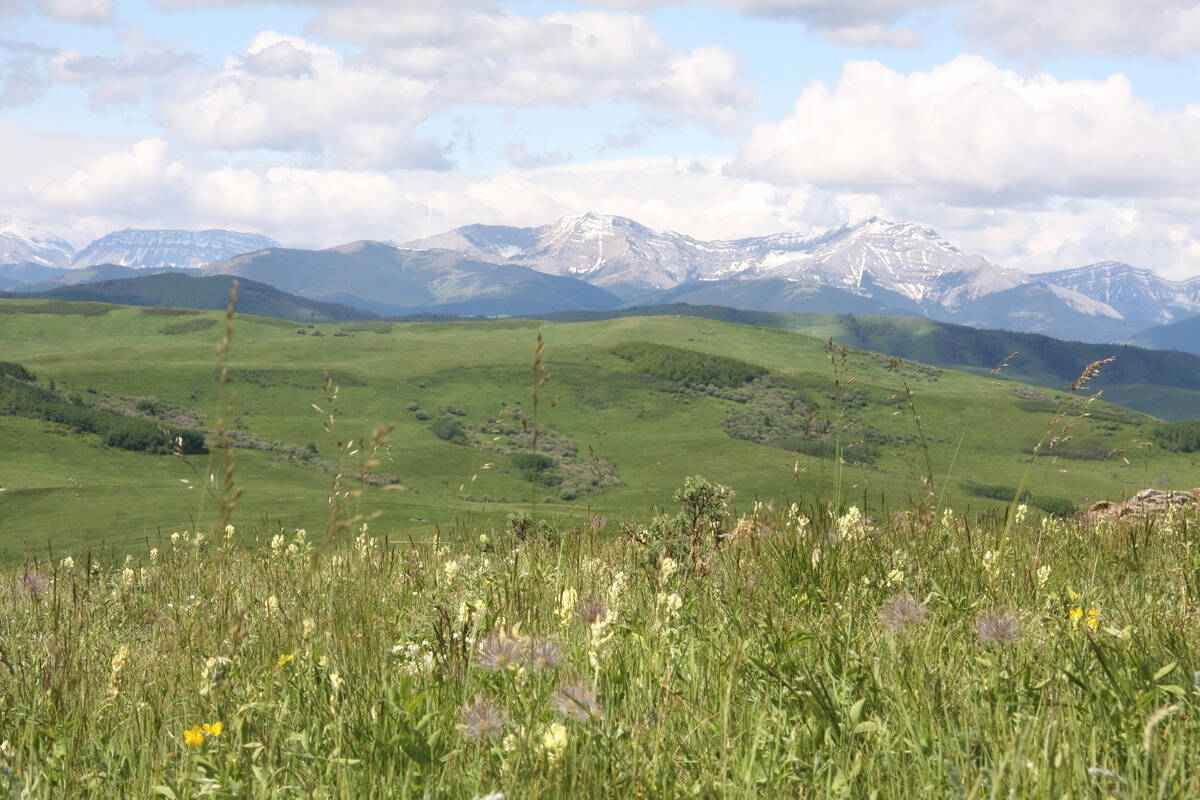Two Saskatchewan rail line groups will face off in court against the Canadian Transportation Agency in a case that could set a precedent for other prairie rail groups.
At issue is the agency’s determination of the net salvage value of rail lines that the groups want to buy from Canadian Pacific Railway.
“This is make or break for us,” said Glenn Pederson, spokesperson for a group that wants to operate a short line on 66 kilometres of track between Estevan and Tribune in southern Saskatchewan.
Read Also

Selenium not deal breaker in coal mining: expert
Environmental scientist weighs in on coal mining debates in Western Canada, explaining selenium and the technologies and practices to lower its concentrations in nearby waterways to coal mining operations
The other group is Wey-West Rail, which wants to buy 112 km of track from Bengough to Weyburn and operate a short line.
Both lines hook up with a CPR main line between Moose Jaw and the U.S. border.
The cases will be heard Feb. 18 in Federal Court of Appeal in Regina. A single hearing has been scheduled because the issues in the two cases are identical.
The two groups say their case will be an important precedent for other prairie groups looking to buy local rail lines.
“As far as we understand, no one has ever tackled this issue before,” Pederson said.
The cases date back to 2007, when the two groups, unable to agree on a purchase price with CPR, asked the CTA to determine the net salvage value of the track, which would then form the basis of the selling price.
The agency determined the value to be $2.93 million for the Bengough line and $2.26 million for the Estevan line.
Neither group was happy with the decision and decided to take the agency to court.
They say the CTA failed to take two significant factors into account:
* A railway is required to pay the local government $10,000 a mile for three years after transferring ownership. The groups say that should be deducted from the net salvage value. The CTA says not.
- Local bylaws require the payment of compensation for reclamation of land on the rail right-of-way. The groups say that should be deducted and the CTA says not.
The groups say those differences are worth more than $1 million.
What is net salvage value?
- Net salvage value refers to the market value of an asset minus the costs associated with its disposal.
- According to the Canadian Transportation Agency’s website, the process for determining net salvage value for a rail line traditionally includes the salvage value of track materials, the cost of environmental restoration, the value of the land and the commercial impact of leases or agreements related to the line.
- The net value is then calculated by subtracting the estimated costs of removing and salvaging the track and other materials.














